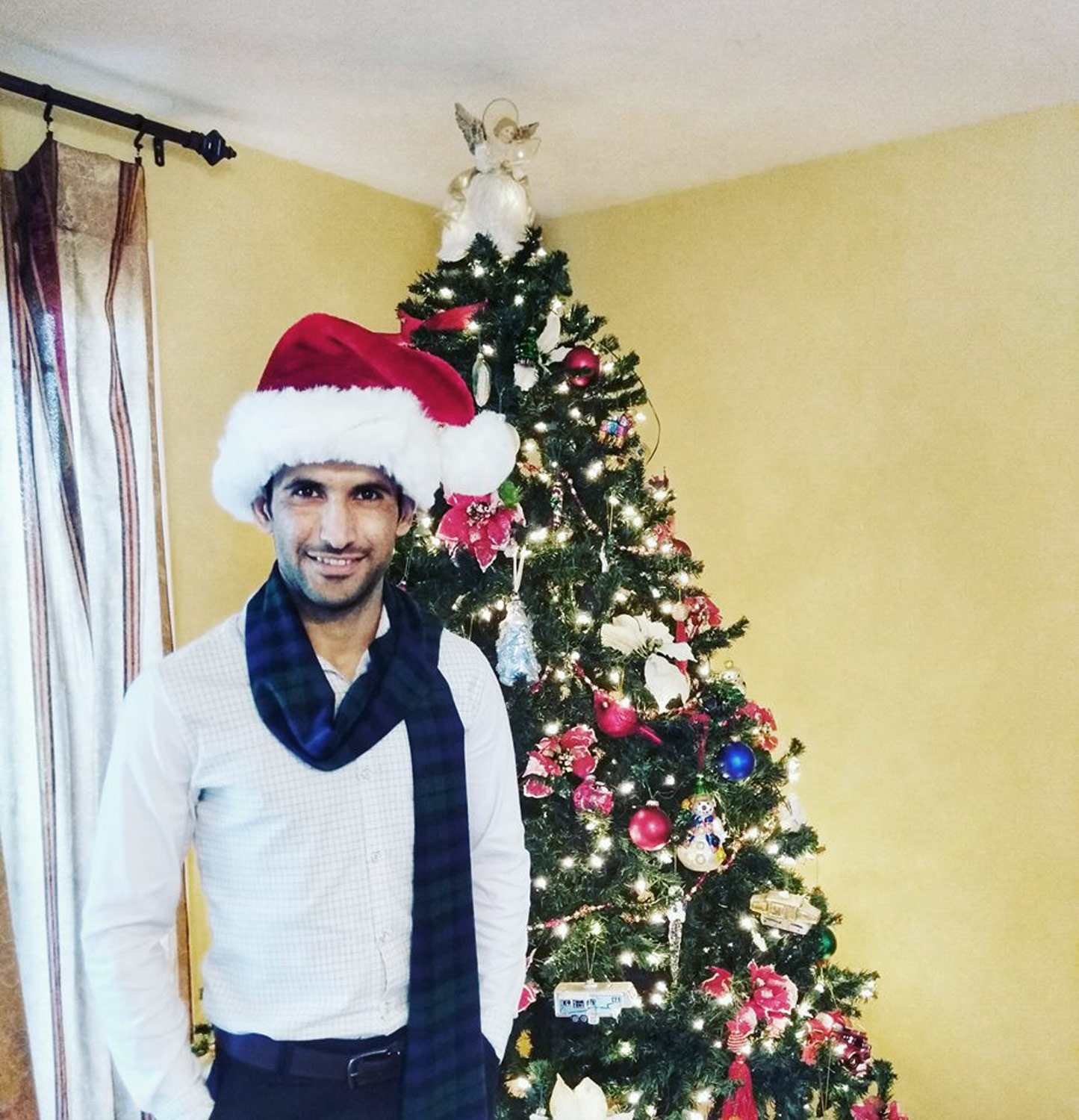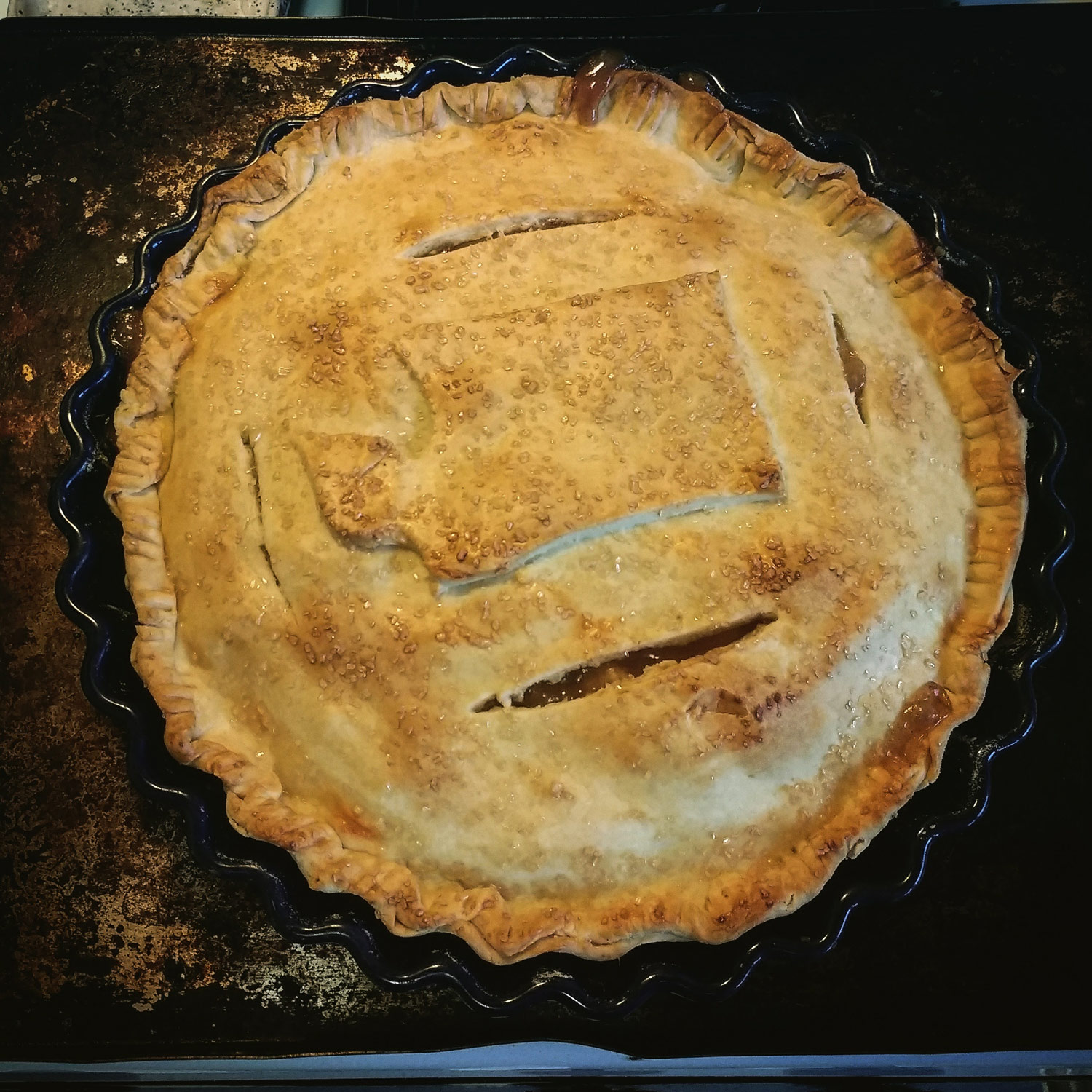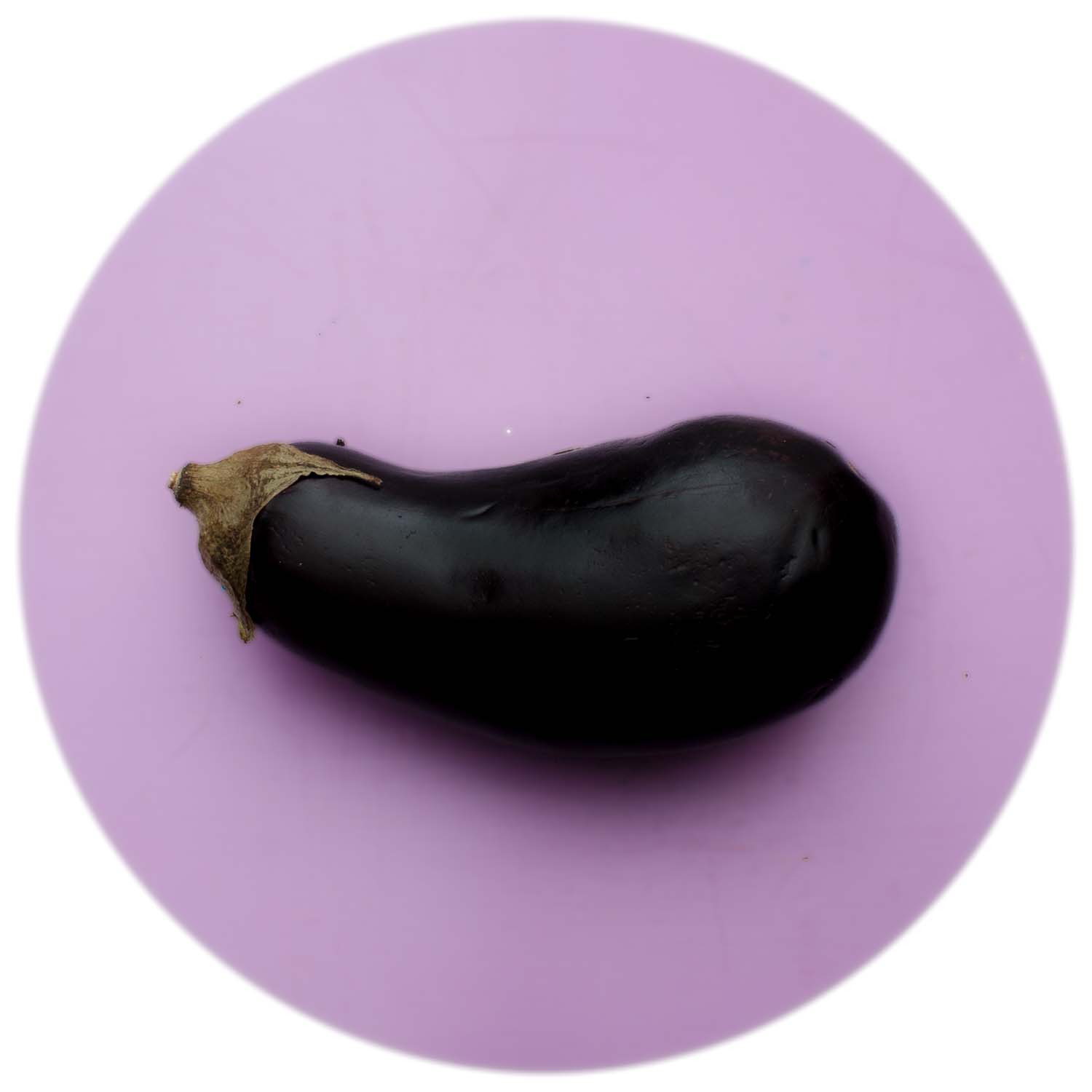HBM135: Dying Well
/3d image by Jeff Emtman. Cloth Texture by Simon Thommes’ Weavr.
We live in a culture of “death denial”. That’s what Amanda Provenzano thinks. She sees it when medical professionals use euphemisms like ‘passing away’ instead of ‘dying’. She sees it when funeral parlors use makeup to make it look like a person is not dead but sleeping. Most often she sees it when her clients’ loved ones insist their dying family member is going to pull through, despite all evidence to the contrary.
Content Note: Language
Amanda is a death doula, someone who provides practical, emotional, and spiritual support to people who are about to die. Sometimes this means that Amanda helps dying people and their families sort out their end-of-life paperwork and advanced care directives; Sometimes she helps dying people plan their own memorials. And sometimes she sits with people as they die. She says the tasks she performs are different for every person, but that her goal is always the same: to advocate for the wishes of the dying.
Amanda says that, in her experience, death is often harder for the loved ones to accept than it is for the person who is dying. “It’s almost like, in Western culture, it’s not OK to die… Like we guilt the dying person into trying to keep them here longer, with medicine and medical procedures because we, the survivors, are not capable of letting go of that person.” Because of this, Amanda recommends that people grieve by holding and touching the bodies of their loved ones after they die. She believes that talking about death openly will help people be less afraid.
Producer: Bethany Denton
Editor: Jeff Emtman
Music: The Black Spot























